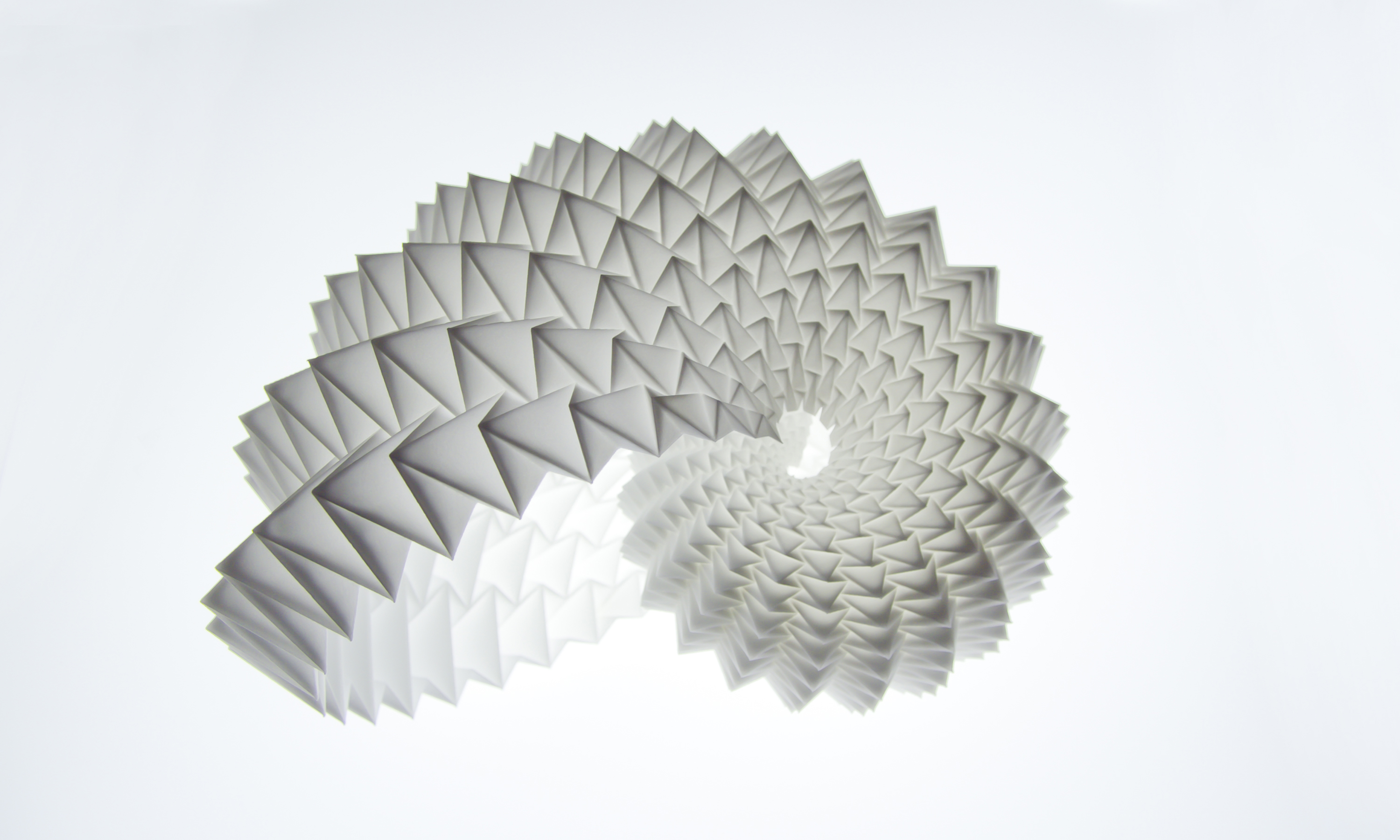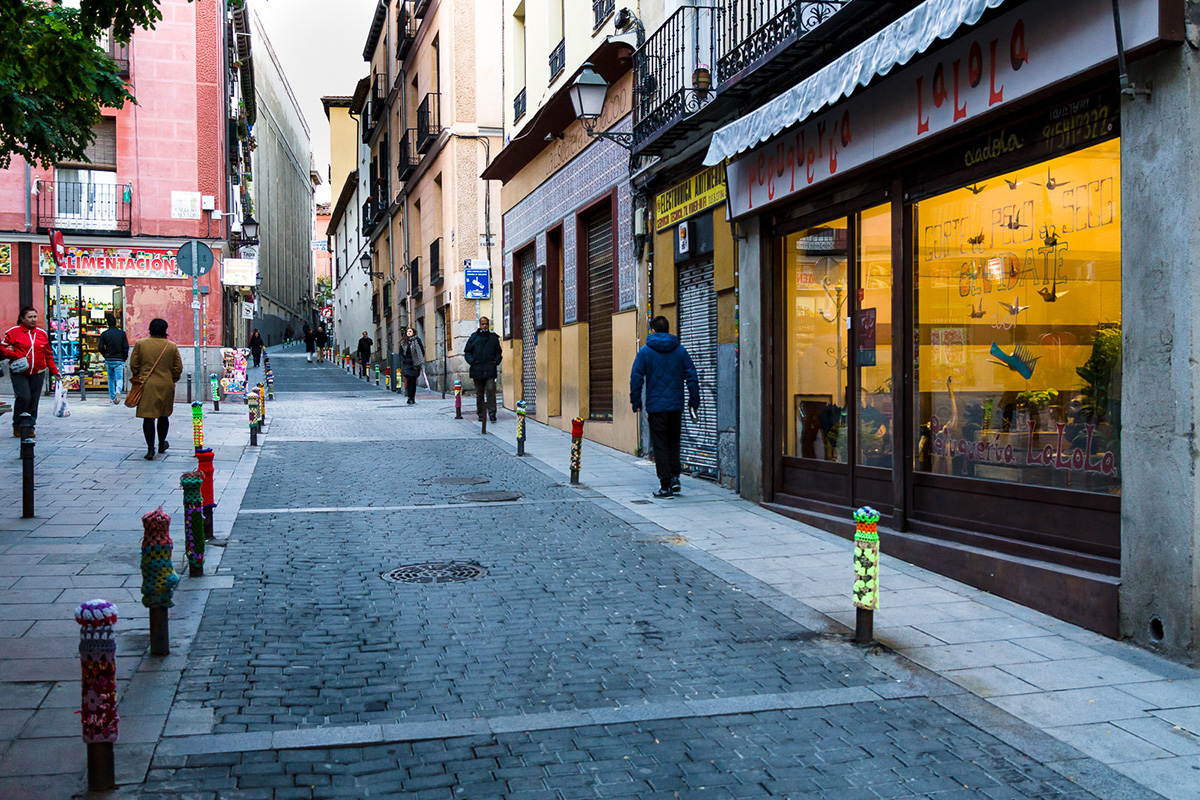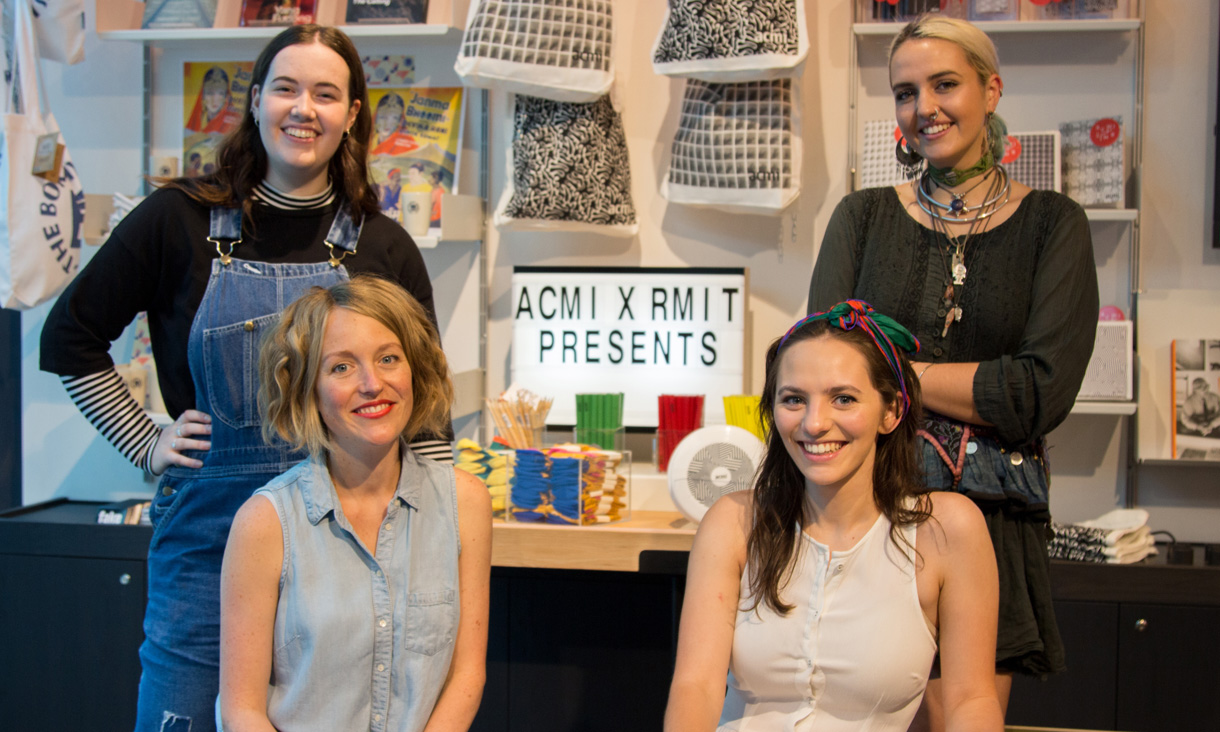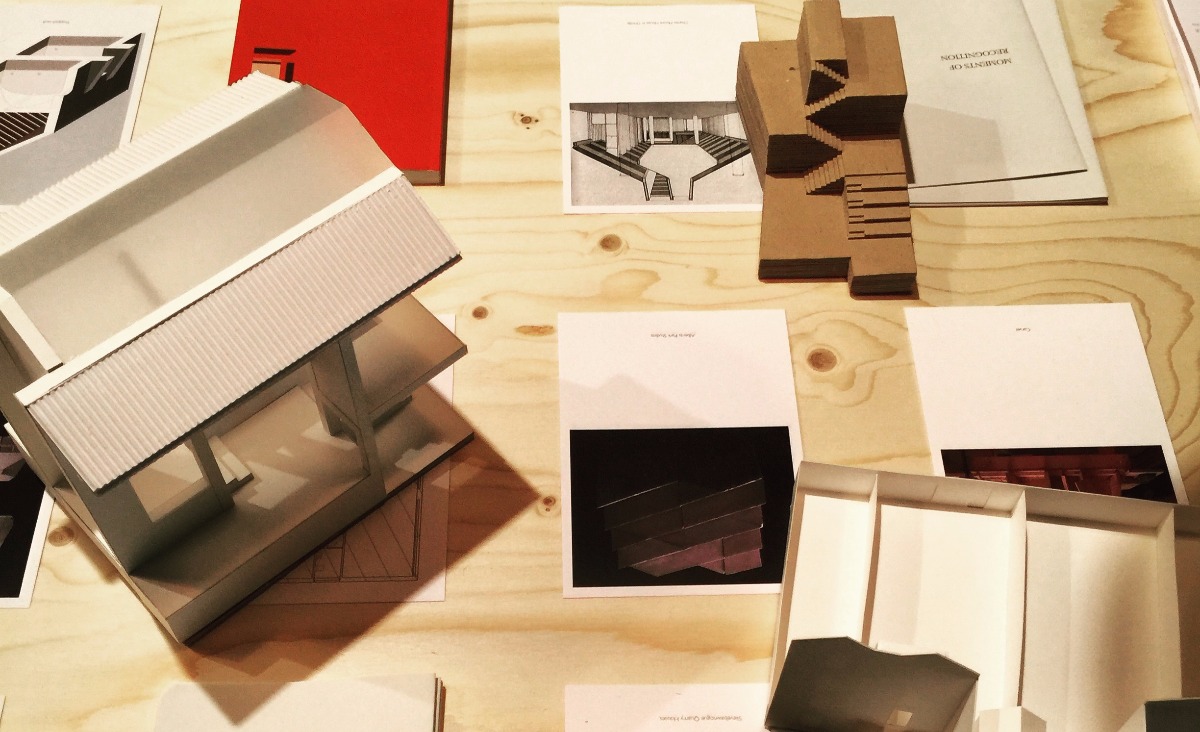Art, science and technology will collide at RMIT Gallery when Experimenta Make Sense: International Triennial of Media Art opens on 2 October.
Playful and challenging, this exhibition of over 20 leading international and Australian artists asks audiences to immerse their senses into a contemplation of what it is to be human in the digital age of technological acceleration.
RMIT Gallery Director Suzanne Davies said the imminent impact of artificial intelligence on every aspect of our lives was shaping up to be the critical issue of our time.
"It's exactly the right moment for RMIT Gallery to exhibit artworks that explore what it means to be human, in all senses of the word, in the face of emerging AI and rapidly developing technology," she said.
"We have every right as humans to be concerned, and to question what sort of future we are creating by critically exploring these issues now."
Hailing from the UK, Jane Gauntlett is an innovator in VR film and art with more than 10 years' experience in interactive experiences across video games, the National Health Service and the Royal Shakespeare Company. In My Shoes: Intimacy continues her lifelong dedication to interactivity, and audiences can book in for a 20 minute virtual reality experience exploring a first-person documentary.
Gauntlett's work challenges audiences to partner up with a stranger and experience three encounters from six very different first-person perspectives that explore the power of human connection. Intimacy forms part of In My Shoes, an internationally-recognised project in empathy in art.
Australian-born artist Matthew Gardiner returns from Austria where he has become renowned as a pioneer of the field of "Oribotics"- a term he coined to describe the convergence of origami, folding and robotics to explore folding forms as the fundamental fabric of life.
Sci-fi speculative futurism will be explored by Lucy McRae, a British-born, Australian-raised artist, film director and body architect who has spent the last 10 years working in the USA & Europe. Currently based in the UK, McRae has collaborated with leading institutes including NASA, MIT and Ars Electronica.
Her film The Institute of Isolation is an observational documentary that contemplates whether isolation, or extreme experience, might be used as a gateway to training human resilience. Set in a near future reality, the documentary is a fictional research and training ground, offering alternative methods to condition the body and adapt fundamental aspects of human biology.
The film references genetic engineering, space travel, sensory deprivation and the changing relationship the body is forming with technology.
Joining them will be Adam Donovan (Austria) and Katrin Hochschuh (Germany), with their installation work Curious Tautophone – Tensor Field Ontology that inspires a sense of uncanniness in the observer through the use of a robotic device that emits sound and light to manipulate the immediate environment.
The exhibition will also screen video works by international artists Katarina Zdjelar, a Serbian artist based long-term in the Netherlands whose video works sketch out a broad spectrum of philosophical and political positions, and Liz Magic Laser a New York based visual artist working primarily in video and performance based art.
Experimenta is where creativity and technology collide. As Australia's pre-eminent media arts organisation established by experimental film and video makers in 1986, it showcases dynamic contemporary art at the nexus of digital media, science and technology, and design.
Story: Evelyn Tsitas




